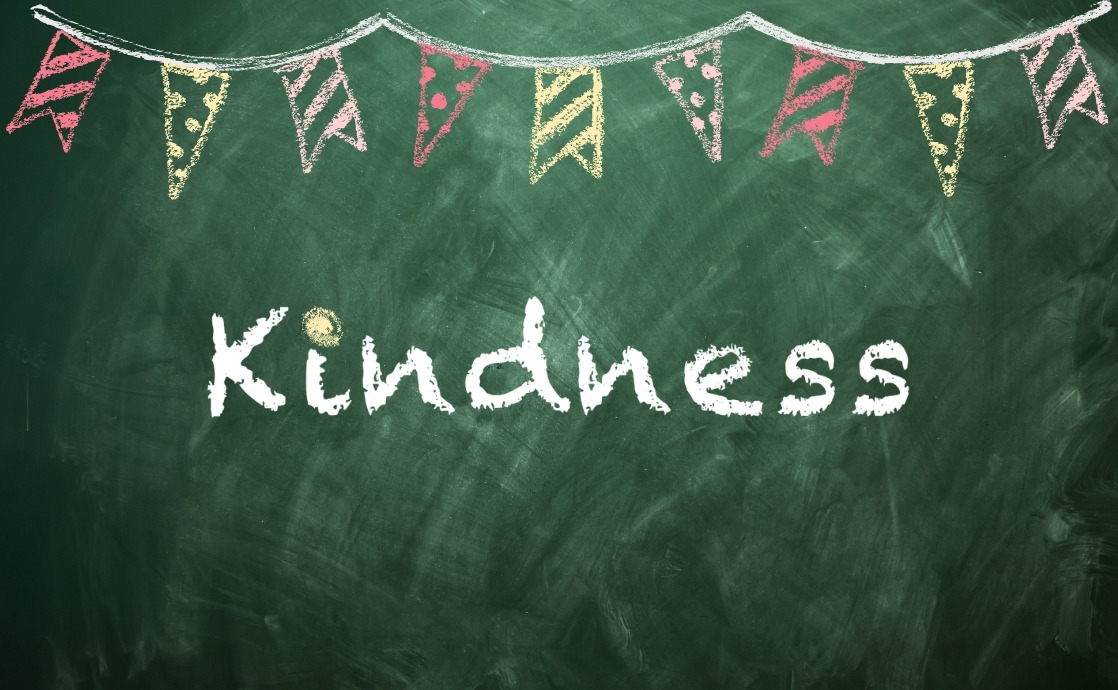In contemporary society, the ethos of kindness often invites both admiration and apprehension. While the precept of exhibiting kindness appears simple, its practice embodies profound complexity. The Bahá’í teachings invite adherents to cultivate virtues that transcend mere social niceties, delving into the essence of human interconnectedness. Among these virtues, kindness stands out as a cornerstone, woven intricately into the fabric of spiritual and social development. The concept of “The Virtues Basket” serves as an allegorical guide, illustrating how one can practice kindness in various dimensions of existence.
To comprehend the scope of kindness, one must first address the psychology behind it. Kindness is not merely an impulsive reaction; it encompasses an intrinsic understanding of empathy, compassion, and altruism. The act of kindness often emanates from an awareness of our shared humanity. Bahá’í teachings encourage the individual to reflect upon their relationship with others, perceiving them not as separate entities but as interconnected souls. This perspective engenders a desire to alleviate suffering, thereby fostering genuine acts of kindness.
Moreover, the practice of kindness is amplified when seen through the lens of intention. Intent is the compass guiding one’s actions. When kindness is performed with pure intentions—devoid of ulterior motives—it becomes a transformative force. This elevation of intention necessitates introspection, compelling the individual to examine their inner motivations. Such scrutiny fosters authenticity, which enhances the impact of kindness on both the giver and the receiver. The act of kindness, when performed with the right spirit, resonates beyond the immediate interaction, paving the way for a ripple effect throughout the community.
In the context of the “Virtues Basket,” kindness can be realized through a myriad of practical applications. Firstly, the engagement in active listening is fundamental. In a world inundated with distractions, individuals often overlook the importance of truly hearing others. By giving others our undivided attention, we communicate their significance to us. This mindful engagement nurtures a profound bond, allowing us to comprehend their experiences more fully. Such connections are pivotal, as they foster an environment conducive to kindness and understanding.
Furthermore, the practice of forgiveness significantly enhances the manifestation of kindness. Holding onto grievances can corrode the spirit and impede the ability to act compassionately. Through the lens of Bahá’í teachings, forgiveness is not simply a means of absolving another but a liberating act for one’s own soul. It entails recognizing the shared fallibility inherent in the human condition. By cultivating forgiveness, individuals dismantle barriers erected by resentment, thereby clearing a path for kindness to flourish.
Another powerful vehicle for demonstrating kindness lies in the realm of service. Engaging in acts of service—be it volunteering in the community or aiding those in distress—embodies the spirit of selflessness that is central to the Bahá’í faith. Service not only aids those in need but uniquely enriches the volunteer’s experience. It offers a sense of purpose, creating a profound connection between the giver and the receiver. The rewards of such engagement often manifest in an elevated sense of well-being, stimulating a virtuous cycle of kindness and gratitude.
It is essential to recognize kindness as a practice requiring conscious effort. In moments of adversity, the inclination to retreat into self-preservation may surge, yet it is precisely during these times that kindness is most potent. Practicing kindness amid challenges demands a courageous heart and a steadfast commitment to virtues. One mechanism for nurturing this resilience is through the cultivation of gratitude. When individuals actively acknowledge the abundance in their lives, they become more inclined to share their blessings with others. Gratitude engenders a mindset that recognizes the interconnectedness of all, reinforcing the idea that acts of kindness, no matter how small, contribute to a larger tapestry of human experience.
Additionally, nurturing a community that embraces kindness can serve as a catalyst for collective growth. Bahá’í teachings emphasize the importance of community in fostering virtues. By establishing environments where kindness is both recognized and rewarded, communities enhance the propensity for individuals to engage in altruistic behaviors. Initiatives that encourage collective acts of kindness, such as community service days or mutual aid efforts, enable individuals to witness the outcomes of their benevolence first-hand, solidifying their commitment to this essential virtue.
In conclusion, the practice of kindness, as envisioned through the lens of Bahá’í teachings, transcends superficial interactions. It requires a deliberate cultivation of intentions, a deep-seated empathy for others, and a commitment to service that resonates throughout the community. By exploring the abundant virtues contained within “The Virtues Basket,” individuals are empowered to practice kindness intentionally and profoundly. As humanity grapples with myriad challenges—social, economic, and environmental—the fundamental tenets of kindness may very well hold the key to fostering a global society rooted in love, compassion, and unity. Ultimately, as we engage in acts of kindness, we mirror the divine qualities residing within us, nurturing a world where kindness is not merely a virtue, but a way of life.
